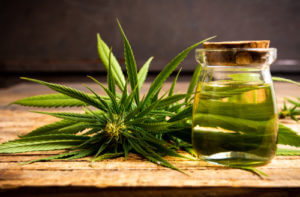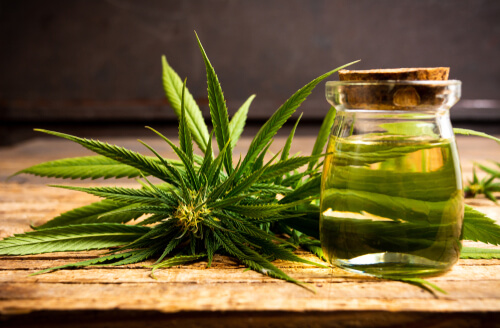
In the lights of the laboratory and animal trials, it can be said that cannabidiol can stop the replication and spread of coronavirus. Cannabidiol inhibited the spreading capability of the virus in sample human lung cells as well as suppressed the infection in both the nasal passages and lungs of laboratory mice. Studies on CBD and COVID-19 in animals may not always be the same in human beings, but cannabidiol’s success is likely to go beyond the lab.
As per researchers, consumers of Epidiolex got COVID-19 positive test results at lower rates as compared to people who do not consume the product. Now, it does not mean that you can buy cannabidiol from a local dispensary and start using it right away, as researchers got those results with highly purified cannabidiol powder.
The University of Chicago’s cancer research professor Marsha Rich Rosner stated that the form of cannabidiol from a cannabis store would not have enough CBD concentration to make a difference. As per Rosner, the results that concern CBD for COVID-19 does not eliminate the need to get vaccinated and wear a face mask.
Alongside her colleagues, Rosner is demanding human clinical tests to find the dose of purified cannabidiol that might address a new coronavirus infection. They are not recommending a trial like what scientists might perform with vaccines, as an early treatment or preventative trial after people get tested COVID-19 positive.
Amesh Adalja, a senior scholar from The Johns Hopkins Center for Health Security feels that it is a promising treatment option that requires more research.
Describing it as an early piece of research that requires further confirmation, Adalja stated that it offers a new pathway for more ways of helping to address coronavirus disease. Adalja said that the greater number of tools we have against the disease, the better it would be for us. However, further research on cannabidiol concentrations, delivery mechanisms, and use with a randomized control trial are required to further investigate this discovery and its applicability in a clinical scenario.
Rosner described the discovery of her group about cannabidiol’s potential in fighting COVID-19 as a case of complete serendipity. Rosner is a specialist in cancer biology, and she knows about cannabidiol due to its properties that could reduce inflammation.
Almost all the damage from a coronavirus infection emerges from the overreaction of the immune system to this virus. Therefore, Rosner’s team felt that cannabidiol might aid in keeping inflammation from damaging body parts, including the lungs.

